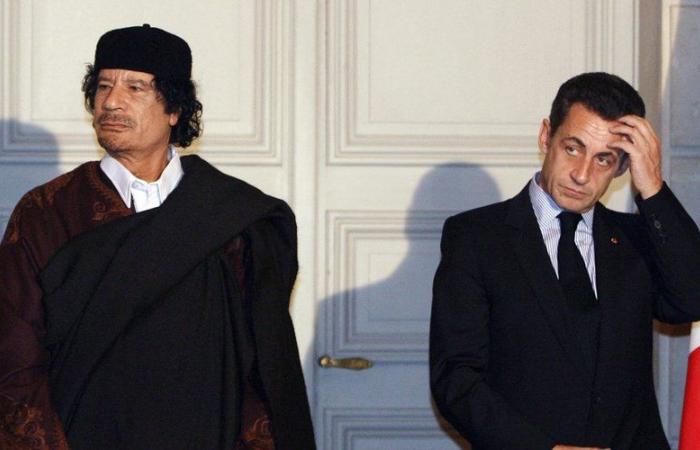
the essential
This Monday, Transparency International France, Anticor and Sherpa, the three approved French anti-corruption associations, will be civil parties in this trial on suspicion of Libyan financing of Nicolas Sarkozy's presidential campaign in 2007. General Delegate of Transparency International France, Florent Clouet explains the reasons for this joint approach. Interview.
La Dépêche du Midi: Your association will be one of the actors in this trial. Can you introduce it to us?
Florent Clouet: With 30 years of existence, we are the oldest association in France whose social objective is the fight against corruption, that is to say, to combat any misuse of power, given in delegation, for private purposes. or particular. Our specificity is to also belong to an international movement present in more than a hundred countries, this crime ignoring borders. Our vocation is to intervene both on the causes of corruption and on the consequences. Identifying the facts, supporting those who report them, representing the victims or returning their assets to dispossessed populations: our lawyers and our public affairs specialists work on all these subjects.
Also read:
DECRYPTION. Sarkozy-Gaddafi affair: how the war led by France in Libya caused “an absolute geostrategic catastrophe”
Why is your NGO, jointly with Anticor and Sherpa, now becoming a civil party in this affair?
The first reason is the scale of this sprawling affair. This is the largest corruption trial of the beginning of the 21st century and this justifies that all the actors in the fight, in France, jointly become civil parties. A former head of state and ministers brought to appear in court is unprecedented both in terms of the status of the defendants and with regard to the alleged offenses; also unprecedented in view of the number of countries potentially affected by the financial flows highlighted; finally, unprecedented, as for the consequences that this pact of corruption may have had for the populations. For our organizations, this trial must also be an opportunity to educate the general public. The fight against corruption requires citizen engagement. We must therefore alert them to the vulnerability of institutions to the diversion of the general interest by particular interests. These hearings must in fact reveal the dysfunctions or fragilities of our democracy in the areas of financing political life, the external action of the State, the export of arms, etc.
TIF – Picasa
In this issue, Transparency International therefore questions the fragility of the separation of State services and private interests, right?
Absolutely since according to the Mediapart investigation and the prosecution, state resources were made available to the partisan interest of a presidential candidate. Concretely, when Claude Guéant goes to Libya on numerous occasions, for example, does he do so as Nicolas Sarkozy's chief of staff or as support for the future candidate? When Boris Boillon, then French ambassador to Tunisia, got involved in the matter, in what capacity did he intervene?
For you, could this Libyan financing, denied outright by Nicolas Sarkozy, also have distorted the 2007 election, if it were true?
It is not for us to say and it would be difficult to demonstrate, but what is certain is that this affair has contributed to the increased distrust of citizens towards our democratic institutions and this is extremely serious. . This is also why we are a civil party, to support the public prosecutor who defends society against actions likely to alter the vote and implicitly raises the prospect of a possible election and the maintenance of a fraudulent President of the Republic due to the conjunction of two factors: the special status of the Head of State and the a posteriori control of campaign expenses.
What do you expect from this trial?
Our expectations are both to demonstrate the materiality of the corruption pact, that is to say to clearly demonstrate the presumed existence of financial support in exchange for a certain number of diplomatic considerations. , economic and legal. But also to reveal how, more broadly, the institutions would have been incapable of stemming the development of a system in which there is a mixture between diplomacy and electoral interests, an opacity of commercial negotiations which are backed by official trips which can fuel illicit financial flows, a lack of supervision of financial intermediaries playing the role of facilitators… In doing so, we also expect that this trial will make it possible to change a certain number of laws so that it is the first and the last of this magnitude . When we look at Libya and the Sahel today, with the consequences of this toxic relationship on the victim populations, this trial will also be an opportunity for us to raise the question of reparations.





